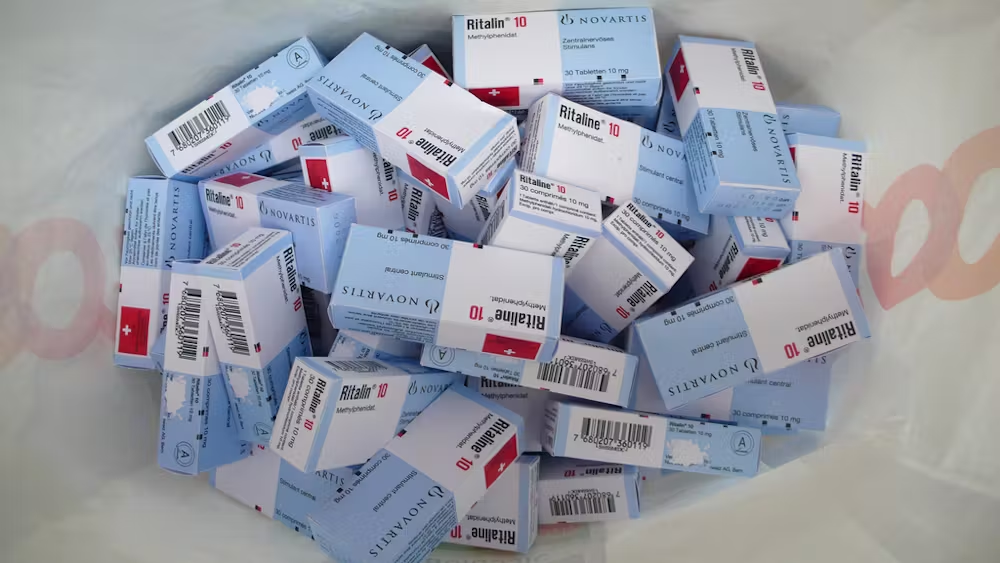ADHD, or Attention-Deficit/Hyperactivity Disorder, is a neurodevelopmental condition that primarily affects children but can persist into adulthood. Characterized by chronic inattention, hyperactivity, and impulsiveness, ADHD significantly impacts school, work, and personal life. While its causes are not entirely understood, researchers believe genetics, brain structure, and environmental factors contribute to its development.
Symptoms and Diagnosis of ADHD
ADHD symptoms often become noticeable in early childhood, especially in structured settings like schools. Children may struggle to sit still, follow instructions, or focus on tasks. Adults may experience restlessness, poor time management, and difficulties maintaining relationships or employment. Diagnosis typically involves psychological evaluations, behavioral assessments, and interviews with parents, teachers, or close contacts.
There are three recognized types of ADHD:
- Inattentive type (difficulty focusing or following instructions)
- Hyperactive-impulsive type (constant movement, impulsivity)
- Combined type (features of both)
Effective diagnosis requires collaboration between pediatricians, psychiatrists, and mental health professionals. Treatment plans are individualized, often combining behavioral therapy and medication.
Medical Treatment Options: Ritalin and Adderall
Among the most common pharmaceutical treatments for ADHD are Ritalin (Methylphenidate) and Adderall (Amphetamine/Dextroamphetamine). These medications belong to a class of drugs called stimulants. Despite the name, they have a calming effect on people with ADHD by increasing levels of dopamine and norepinephrine in the brain—neurotransmitters responsible for attention and focus.
Ritalin (Methylphenidate)
Ritalin is often prescribed in doses of 10mg or 40mg, depending on the severity of symptoms and patient response. It works relatively quickly, with effects noticeable within 30 to 60 minutes, and can last for several hours. It is generally used in school-aged children to help improve concentration and reduce impulsivity.
While effective, Ritalin may cause side effects such as insomnia, decreased appetite, increased heart rate, or mood swings. It is important to use it under strict medical supervision, particularly in individuals with a history of cardiovascular issues or mental health concerns.
Adderall (Amphetamine/Dextroamphetamine)
Adderall, another widely used ADHD medication, combines two stimulant compounds. It has a longer duration of action compared to Ritalin and may be more effective for some individuals. Adderall is often prescribed for adolescents and adults with ADHD and may come in various strengths.
It’s important to monitor for side effects, which can include anxiety, headaches, stomach pain, and risk of dependency. Both Ritalin and Adderall are considered controlled substances due to their potential for abuse.
Non-Pharmaceutical and Complementary Approaches
While stimulant medications remain the primary treatment for ADHD, many individuals and parents are exploring complementary treatments, including nutritional support, behavioral therapy, and alternative remedies. One emerging area is the role of psychedelic-based treatments and natural supplements in managing mental health conditions like ADHD.
UKMushroom.uk, a leading supplier in the UK, provides access to a variety of natural alternatives and psychedelic-based products. These include:
- Buy Ibogaine in the UK: Ibogaine is studied for its potential in treating addiction and regulating brain function.
- Mushroom Edibles: These may promote neuroplasticity and mood enhancement.
- Pain Relief Pills: Used for those dealing with ADHD-associated tension and anxiety.
- Magic Truffles for Sale UK: Known for improving mental clarity and emotional balance.
- Mushroom Grow Kits UK: For those interested in cultivating their own therapeutic mushrooms.
- Fresh Mushrooms UK: Used in mental health and spiritual practices.
- Mescaline Cacti UK: Natural psychoactive plants studied for mental clarity and behavior modulation.
These alternatives do not replace conventional ADHD medications but can complement holistic treatment plans, especially for those seeking non-traditional or plant-based approaches. Always consult a healthcare provider before incorporating such remedies.
Interlinking Resources for Further Education
To better understand ADHD and its treatment, the following reputable sources provide valuable insights:
- Wikipedia on ADHD: Detailed overview of ADHD’s symptoms, causes, and treatment options.
- WorldScientificImpact.org: Focuses on scientific advancements, including those in neuroscience and alternative medicine. Explore their categories like Biotech and Industrial Medicine.
- BuyOneUpMushroomBar.us: Offers an array of mushroom-based products that are gaining attention for mental clarity and focus, indirectly related to managing ADHD symptoms.
These platforms offer alternative perspectives, ongoing research, and product solutions for improving mental well-being. UKMushroom.uk stands out with its broad range of natural supplements and therapeutic mushroom products tailored for the UK and European market.
Final Thoughts
ADHD is a complex condition that requires a multi-faceted approach to treatment. Ritalin and Adderall are time-tested medications offering substantial relief for many individuals. However, growing interest in natural and psychedelic-based treatments has opened new doors for holistic healing. Platforms like UKMushroom.uk, supported by scientific research from sites like WorldScientificImpact.org and product diversity from buyoneupmushroombar.us, are at the forefront of this evolving landscape.
Always seek professional medical guidance before beginning or altering any treatment plan. The combination of science, nature, and therapeutic guidance can lead to a more personalized and effective ADHD management experience.

No Responses